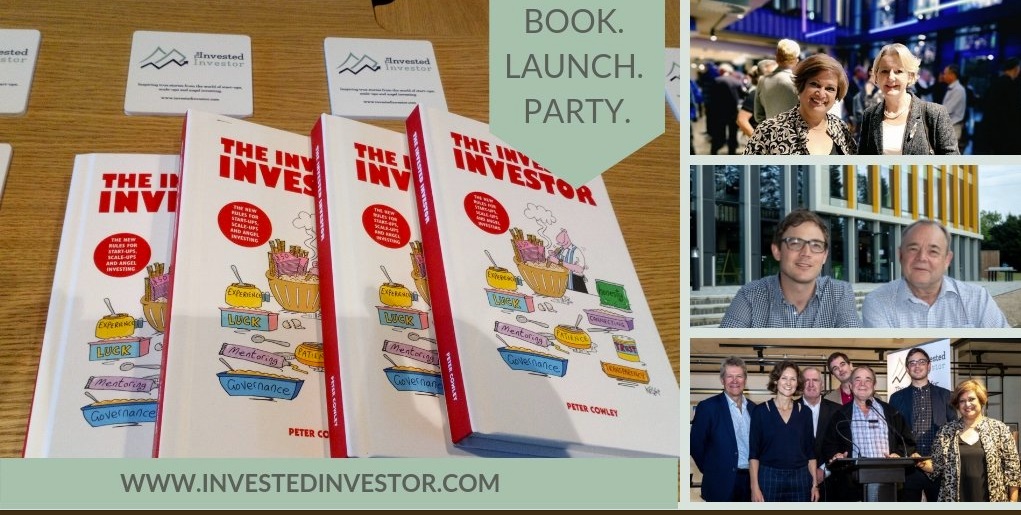There is an increased concern about the number of deepfakes being generated; a worrisome product of artificial intelligence. Work experience Yr10 student Natalia Leighton from The Herts and Essex High School decided to delve deeper into this controversial topic.

With the exponential growth of artificial intelligence and machine learning in the last decade, one of the newest crazes is deepfaking, but what actually is it?
With the implementation of 5G currently underway in the UK, Charlotte Cavanagh Yr10 student from The Herts & Essex High School wanted to explore the potential of this emerging technology and how it will affect our lives going forward.

The advances in technology in the past 40 years have been more drastic than we could’ve ever expected. From 1G, launched in the 1980s, finally allowing mobile voice calls, to 2G giving us SMS, to 3G which brought mobile browsing, and then to 4G with much higher speeds and the ability to make conference calls, watch HD TV and use gaming services all on our mobile phones. However, 5G has surpassed these earlier technological advancements that will change our world more than ever before.
The Bank of England has set up the future of finance project to see how the financial services industry might change in the next ten years; how this will impact all that provide, regulate and use it.

Here we share the Bank of England's: The future of finance report written by Huw van Steenis.
Published on 20 June 2019
The latest advancements in human-like robots have led many to reflect on the future of AI, robotics and the governing ethics. Rachel Gbolaru Yr12 student from The Bishops Stortford High School explored many unanswered questions they pose whilst on work experience at Delta2020.

At an IT conference in late 2017, the artificially intelligent humanoid robots, Sophia, was granted citizenship by Saudi Arabia, and became the first ‘non-human’ to have a nationality. Sophia was appointed the UN’s first non-human “innovation champion.” Although most observers saw this act as more of a publicity stunt than a meaningful legal recognition, some found this gesture as openly disparaging human rights and the law. This controversial issue has raised some very important questions that are yet to be answered. Should robots be granted rights? What kind of rights should they be given?
CRISPR has been around since 1987 but scientists have only began to discover the gene editing tool's revolutionary capabilities in the last decade. Whilst on work experience at Delta2020, William Walker Y12 student from the Bishops Stortford High School decided to research his keen interest in this rapidly developing but controversial topic.

What is CRISPR?
The latest tool being developed in biotech laboratories around the world today is “CRISPR” (Clustered Regularly Interspaced Short Palindromic Repeats), a genome editing tool that allows scientists to make changes in the genetic material of a cell or an entire organism in an easier, cheaper and faster way than previous techniques. This advanced technology has countless applications for human and animal health, medicine, agriculture, the environment and food supply chain.
Regardless of what your views on genetic engineering are, the CRISPR technology is being used and has been developing rapidly over the past decade.
iPhone sales have decreased by 50% since 2015. Max O'Reilly, Year 10 student from The Bishops Stortford High School on work experience at Delta2020, decided to look into the diminishing role of the smartphone in the future mobile device industry.

Since the first iPhone was announced in 2007, there have been 21 different variations on the original iPhone model. But, while there is obvious change, the designs have never substantially moved on.
Whilst on work experience, Year 10 student Malachai Jacobs from the Bishop's Stortford High School wanted to delve deeper into the history of Virtual Reality, as this disruptive technology has deeper roots than one would initially think. Here we share his article:

Believe it or not, Virtual Reality (VR) has been around since 1968, when computer scientist Ivan Sutherland created the first head-mounted display. Many would hear the phrase “VR” and think of the hardware prevalent in 2016, such as the Oculus Rift or the Samsung Gear headset, but the head-mounted display (HMD) is in fact a piece of technology that has existed for nearly fifty years prior to its recent hype. In 2018, Gartner removed VR from its hype cycle, saying that it is “rapidly approaching a much more mature stage” and that it is no longer an emerging technology.
Whilst on internship George Travell, student at The University of Leeds, updated Christopher Wilkin’s previous article on immigration.
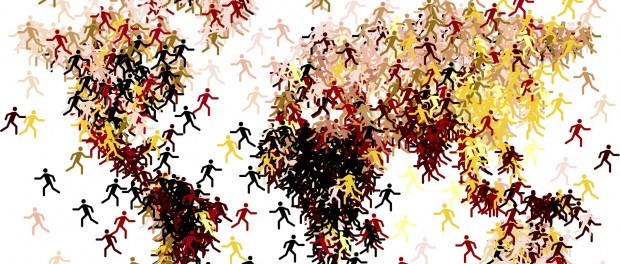
In 2018 over half the UK’s population increase came from immigration, with a net total of 430,000 entering the country. Immigration trends reversed since the Brexit referendum in 2016 as net immigration from the EU dropped by 57%, whilst net immigration from the rest of the world increased by 96%. The economic effects of immigration can have both positive and negative effects on our economy, but why is this?
Whilst on internship from the University of Leeds, 2nd year student George Travell explored the potential policy prescriptions for the 4th Industrial Revolution.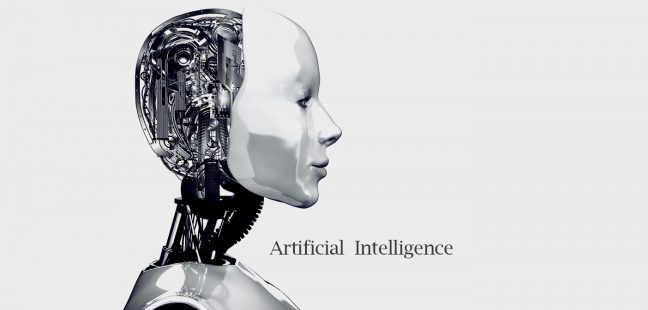
We’re in the midst of a technological revolution but have we been here before?
The fourth industrial revolution is well on its way to remove 20% of UK workers from the job market by 2030 - a report by McKinsey Global Institute has found. In their study of 46 countries they predicted job loss to be 800m by 2030 whilst still concluding that more jobs will be created than destroyed. Rising consumption particularly from developing economies is one source of new demand which could create approximately 280m jobs globally. Development and deployment of technology itself could create up to 50m.
China is currently piloting a vast ranking system using big data and AI processes to monitor citizens’ behaviour. The social ‘Sesame credit’ system was first announced in June 2014 by the governing State Council of the People’s Republic of China and will be mandatory for all businesses and citizens once fully operational by 2020.
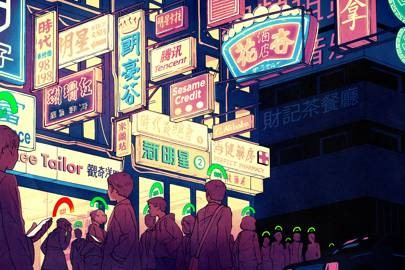
These are the key technology themes we will be watching closely during 2019:
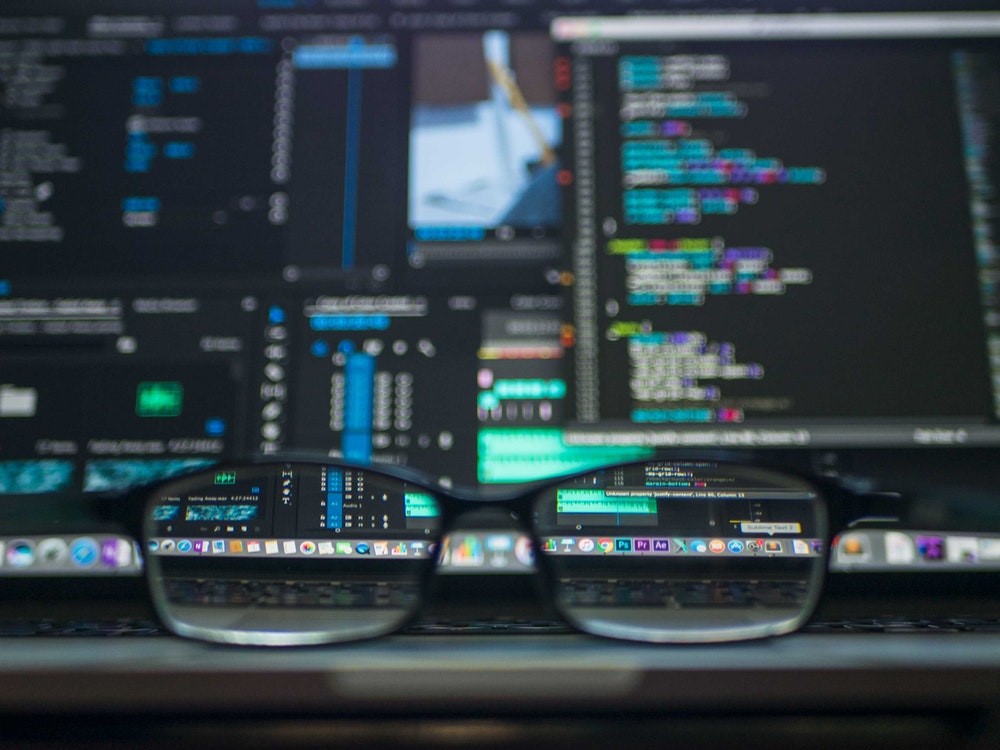
1. #Techlash - tech builds a conscience
By 2020, it is forecast that 1.7MB of data will be created every second for every individual on the
planet. Managing data properly must be a top priority for companies in 2019. If they do not have
robust procedures in place to ensure that data is managed, stored and utilised appropriately, they
will run the risk of being caught in the #techlash epidemic.
2. #5G – the race has begun
5G will open up significant opportunities across industries by increasing reliability, saving time,
money and dramatically enhancing the final user experience. Three key reliability improvements
over 4G will be a 1,000 times speed increase, improved latency and high precision connectivity due
to the ultra-high frequencies. IDC predicts more than 30 billion devices will be connected to networks globally by 2020.
I was delighted to attend The Invested Investor's book launch party in Cambridge. Here we share their recent podcast of mini speeches recorded on the day.
